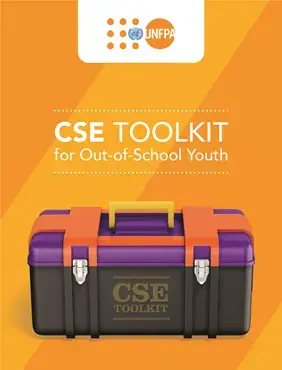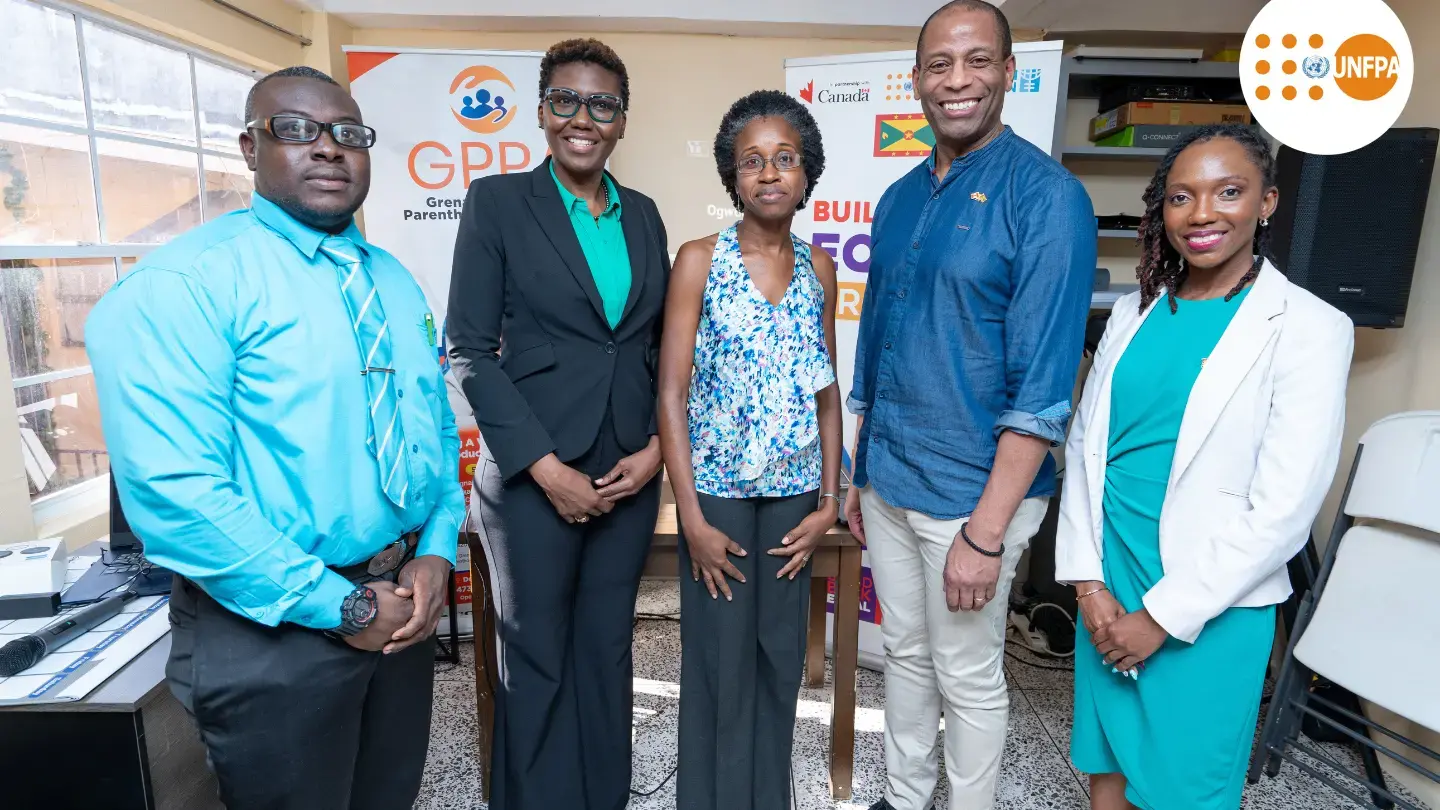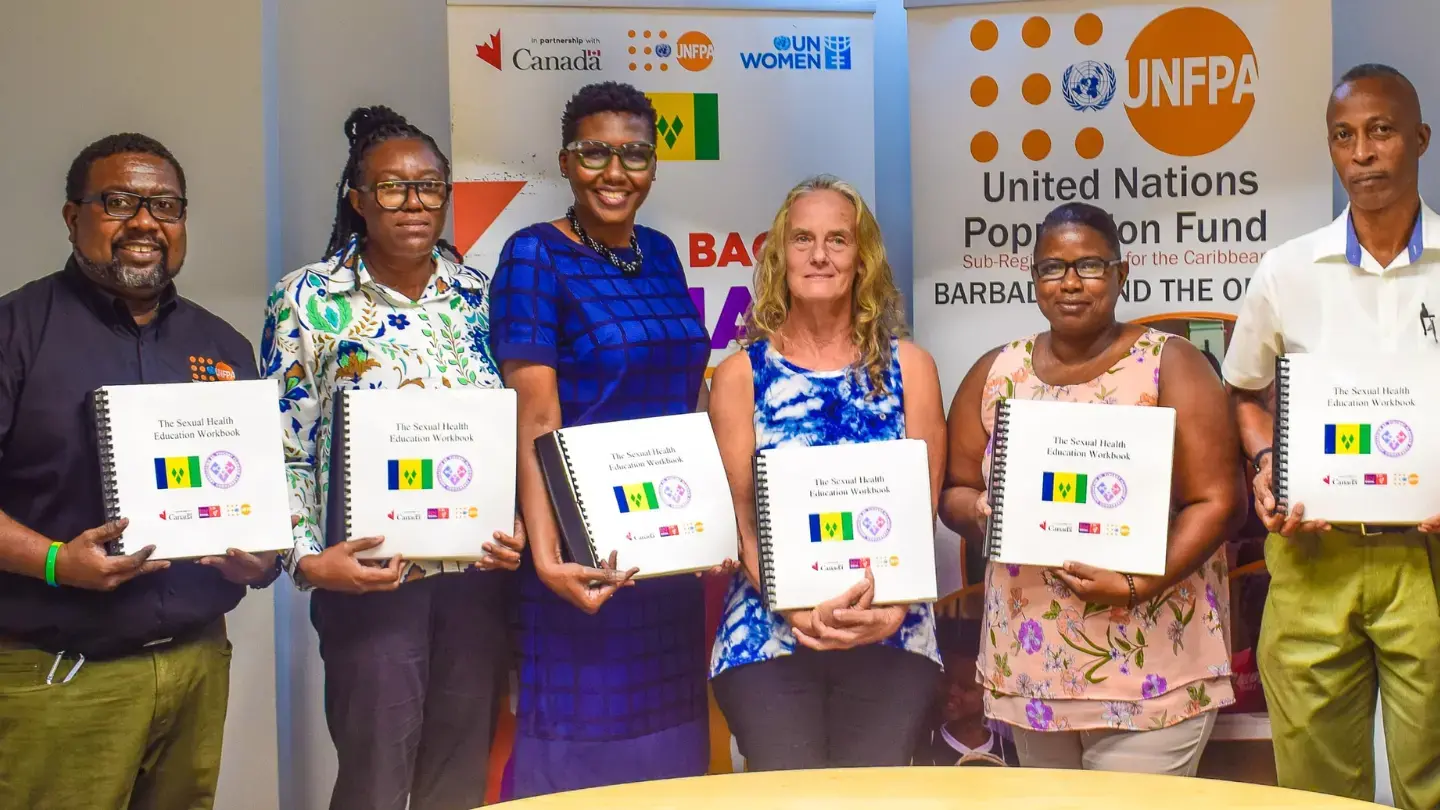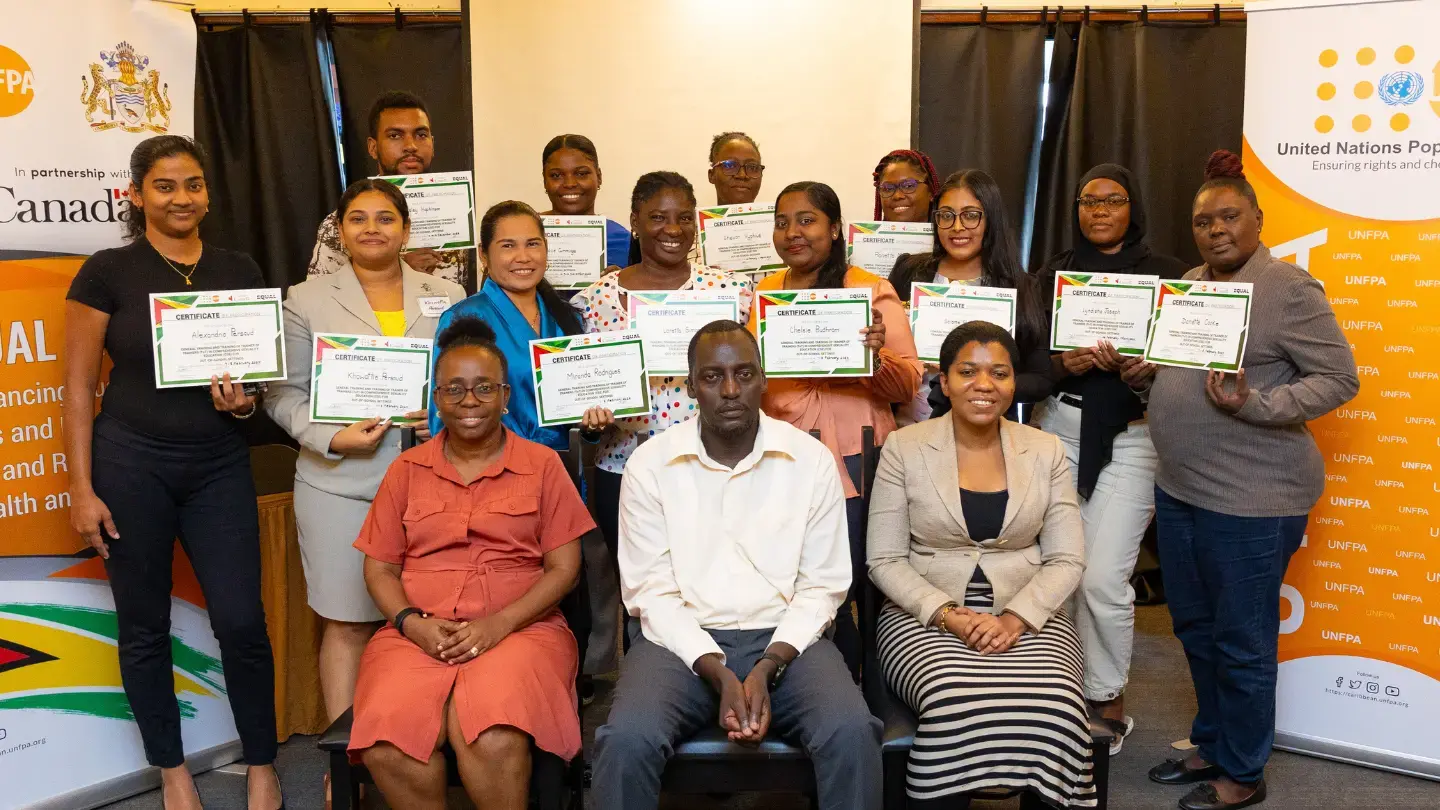Comprehensive Sexuality Education (CSE) is a curriculum-based process of teaching and learning about the cognitive, emotional, physical and social aspects of human sexuality. CSE is comprehensive when it covers the full range of topics related to human sexuality, rights and gender, without omitting challenging or sensitive topics. Qualities of effective CSE include being scientifically accurate, incremental, age- and developmentally-appropriate, based on human rights and gender equality, culturally relevant and context-appropriate and skills-based.
Comprehensive Sexuality Education (CSE) is a key component of the regional SI and an essential part of UNFPA’s Strategic Plan, which puts adolescents and youth at the front and centre. Too many young people receive confusing and conflicting information about relationships and sex as they make the transition from childhood to adulthood. This has led to an increasing demand from young people for reliable information, which prepares them for a safe, productive and fulfilling life. When delivered well, CSE responds to this demand, empowering young people to make informed decisions about relationships and sexuality and navigate a world where gender-based violence, gender inequality, early and unintended pregnancies, HIV and other sexually transmitted infections (STIs) still pose serious risks to their health and well-being.
There is strong evidence that CSE improves HIV knowledge and self-efficacy related to refusing sex or condom use and contributes to delayed sexual debut and increased condom use, thus reducing sexually transmitted infections, HIV transmission and unintended pregnancy. Research also supports that a comprehensive approach to sexuality education can help young people delay intercourse, reduce the frequency of intercourse, reduce the number of sexual partners they have, and increase their use of condoms and other contraceptive methods when they do become sexually active.
CSE is generally offered formally (in-school) and informally (out-of-school). Out-of-school CSE applies to any programmes that are not delivered as a part of the school curriculum. OOS CSE may be delivered through face-to-face sessions in a range of other settings, including in communities, at civil society or community-based organizations, in youth centres or at youth clubs, in health clinics, summer camps, in religious institutions or faith-based organizations, at schools or training institutions after hours (if not by a facilitator from the school to participants from the school), in families, at workplaces, in research centres, and in institutional settings such as jails, detention centres and refugee camps. It may be delivered by facilitators, peer educators, parents or through digital solutions, including computers, the Internet, and mobile phones. Those reached by OOS CSE may be children and adolescents who do not go to school as well as those who do.





